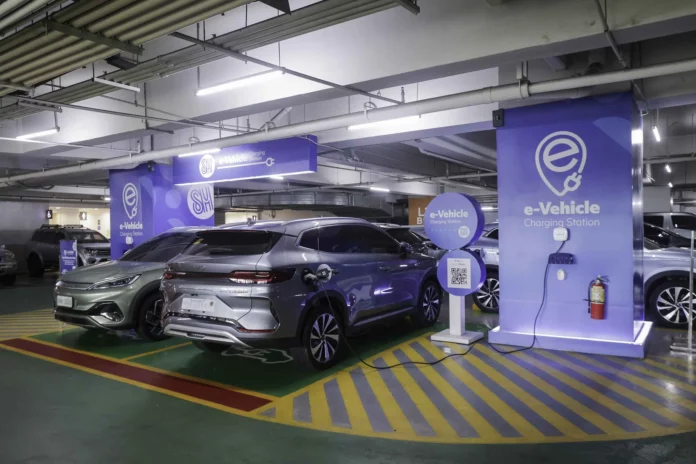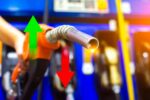Despite rising electric and hybrid vehicle sales in the Philippines, infrastructure gaps—particularly the lack of charging stations—remain a major hurdle to widespread EV adoption, according to ING Bank.
ING Philippines country manager Leoncio A. Palanca Jr. said the demand for new financing solutions is growing to support the EV transition and unlock market potential. Globally, ING’s Amsterdam-based Transition Accelerator team is helping scale clean mobility innovations, including EV charging infrastructure, sustainable materials, and nature-based systems.
In the first half of 2025, ING closed four major EV charging deals, including a €433-million green financing agreement with Electra to deploy 15,000 charging points across Europe, and funding support for EVgo’s rollout of 2,100 fast-charging stalls in the US.
Palanca said ING continues to back clean energy projects in the Philippines, aiming to position the country as a key Southeast Asian player in the clean energy shift.
Transport accounts for 23 percent of the country’s carbon emissions. The government has introduced the Electric Vehicle Industry Development Act and other incentives to accelerate EV adoption, in line with its pledge to cut greenhouse gas emissions by 75 percent by 2030.
The power development plan also targets a renewable energy share of 35 percent by 2030 and 50 percent by 2040. These goals are backed by regulatory frameworks such as the BSP’s Sustainable Finance Framework and Taxonomy Guidelines.
“There’s huge potential in the Philippines for renewable energy, sustainable infrastructure, and electric transport,” Palanca said.







